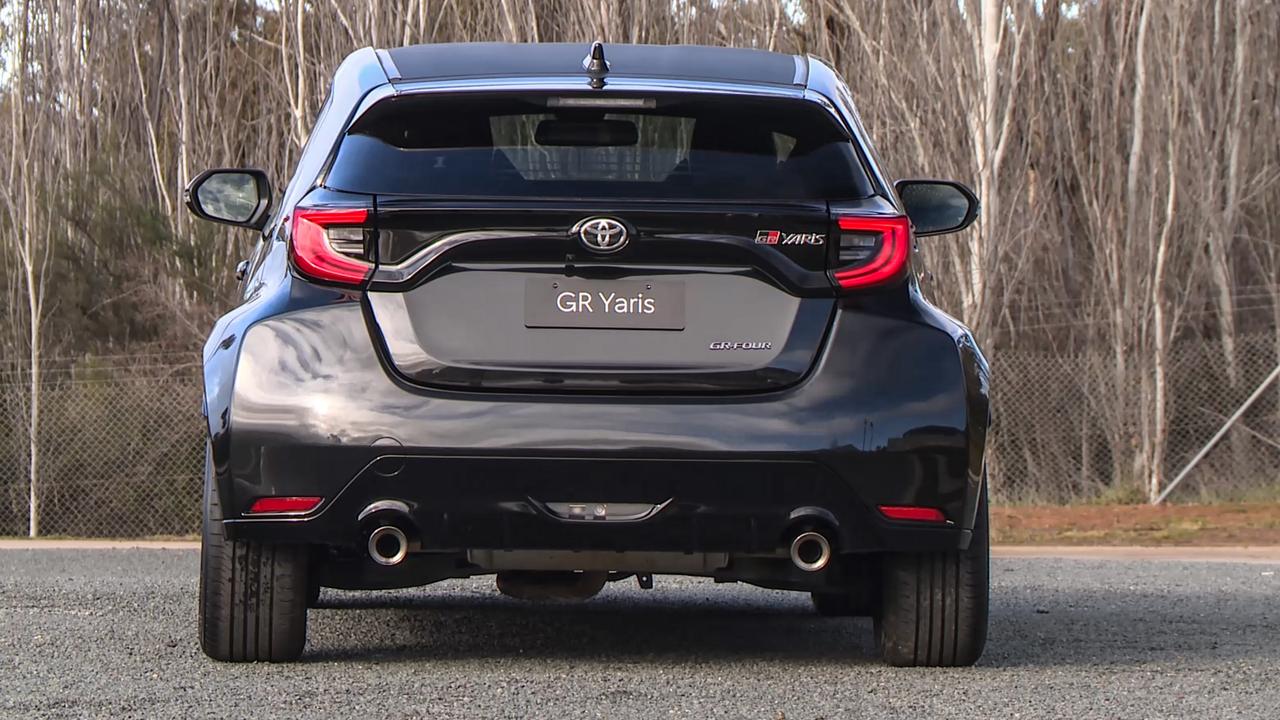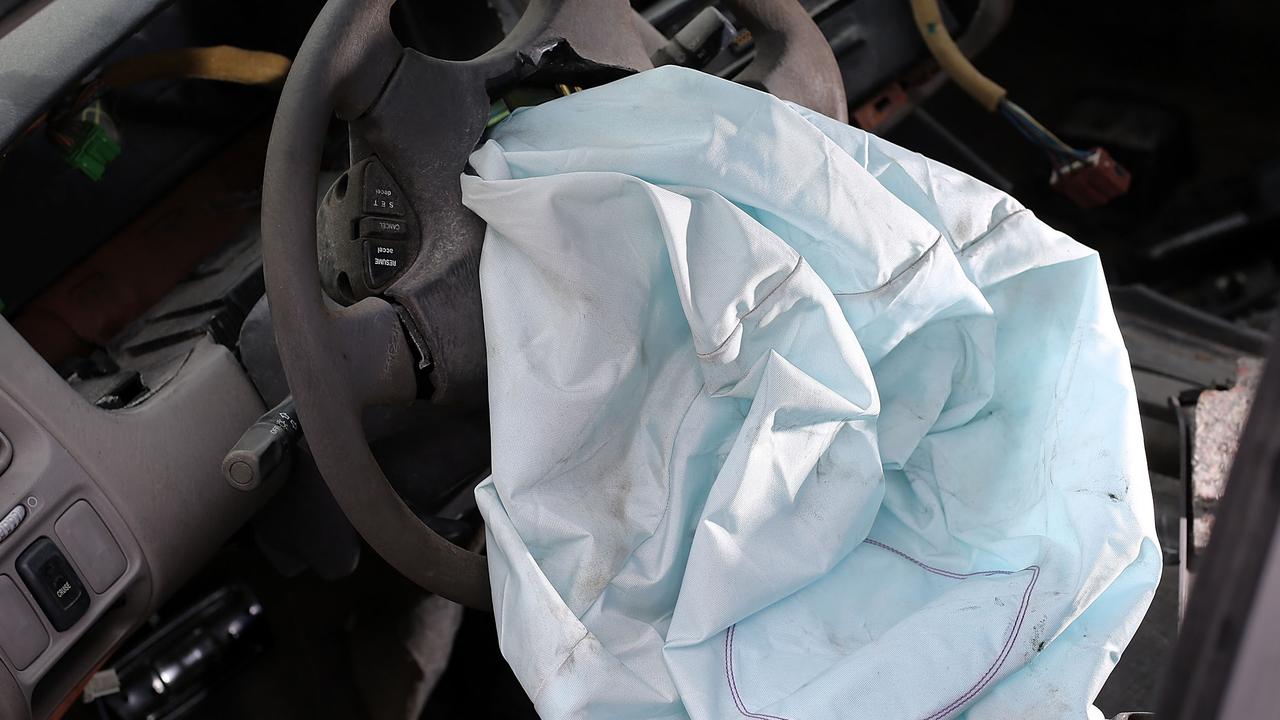Avoid a Christmas horror story and follow these holiday driving tips
The holiday period is one of the busiest times on our roads. So to avoid a Christmas nightmare follow these tips for the best chance to make it to your destination safe and on time.
Motoring news
Don't miss out on the headlines from Motoring news. Followed categories will be added to My News.
Soaring temperatures and traffic snarls could push the family car to breaking point this weekend, as holiday-makers head out of town for a well-earned break.
Roadside assistance providers are bracing themselves for a busy few days, as call-outs typically spike during the festive season.
Between December 23 and 31 last year the NRMA roadside assistance teams made more than 25,000 call outs.
Their Queensland counterparts RACQ attended more than 18,000 incidents and the RACV in Victoria were on the scene at about 12,500 occasions.
The most common reason for call outs in NSW related to batteries, tyre issues and electrical faults.
The two top areas for call outs in NSW were Port Macquarie and Coffs Harbour.
In Queensland the most common faults were flat batteries, tyre issues and keys left in cars.
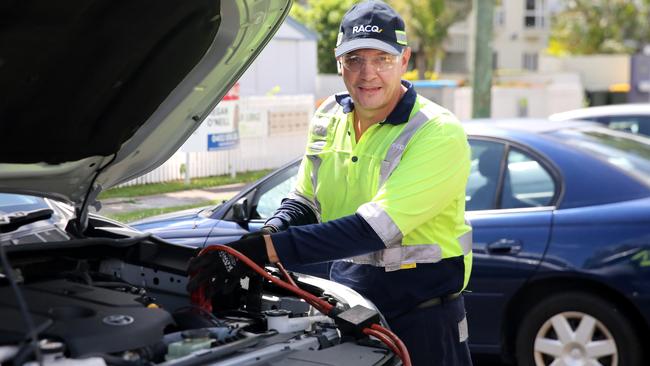
NRMA Roadside Assistance’s Hany Salib said being prepared was always the best advice.
“If you’re unsure of your battery health you can give us a call before you hit the road and one of our patrols will come and check it for you, and replace it on the spot if need be,” he said.
“Also make sure you’ve checked your tyre pressure, lubricant and cooling systems before your journey and pack safely.”
RACQ spokeswoman Lauren Ritchie and the RACV’s Brodie Bott mirrored the NRMA’s statement.
Tyres should be the number one item on your checklist, as they are your cars only point of contact with the road.
Bald or well worn tyres will increase your stopping distances, reduce your grip and give you less control of your car, especially in the wet.
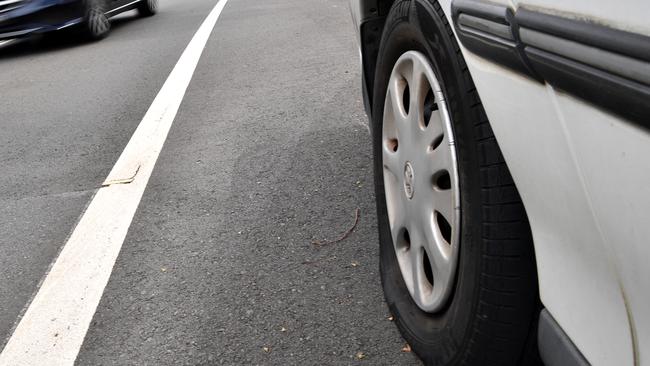
Under-inflated tyres will also increase your fuel bills.
If you are unsure if they are OK, put a match head in the tread and if it sticks out it is time to change the tyres.
Make sure you check the tread all the way around not just in one spot.
Before you set off, drop into a servo and check the tyre pressures.
There’s a placard in the driver’s door frame that will give you the recommended ranges and make sure to check the spare.
MORE NEWS:
PM cancels holiday after firey deaths
Jetstar lashes union over strike action
Most shocking moments of the decade
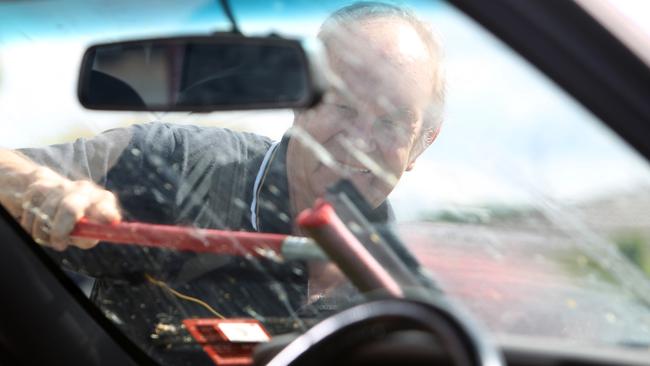
While you’re at the servo, check all your car’s vitals such as water, washer fluid and oil at a bare minimum.
Give the windscreen a wipe and check that your wipers are working correctly as they are vital if you’re driving in the rain.
If you do get a flat, don’t just pull over anywhere. Put on the hazards and drive slowly behind a barrier or well away from traffic. Loosen the nuts before using the jack.
If you are hauling a lot of gear don’t overpack. Ideally you shouldn’t pack your car higher than your rear parcel shelf so you can still see out the rear.
Your car will drive differently when it’s packed with people and luggage. It’s heavier and the centre of gravity is higher so it won’t brake or turn corners as well.
If you are towing, make sure you know your vehicle’s limits. You could face a hefty fine if you are caught. A caravan will also affect the way your car handles and stops.
If you are carrying a load in a ute or trailer make sure it is covered, loose items that fall off will become a hazard to other drivers and will land you a big fine.
It also pays to keep an eye on any bushfires on the route. Make sure you keep up to date with local fire conditions via local radio and the Fires Near Me app. And drivers should consider stocking the car with at least three litres of drinking water per person and a woollen blanket in case they are caught in a fire emergency.
TOP TIPS:
* Don’t drive at times you are usually sleeping
* Avoid driving at sunset – especially in country areas in relation to wildlife
* Check oil and water at adequate levels
* Make sure tyres are at appropriate pressure
* Take a refreshment break every two hours
* Allow extra braking distance in the wet – three seconds behind the car in front
* And remember the closer a vehicle is behind you – the more distance you need in front of you to give yourself room to brake
* Stay left unless overtaking
* Make sure you’re OK to drive “the morning after”
* Don’t drive at the end of your bonnet – always look ahead
Originally published as Avoid a Christmas horror story and follow these holiday driving tips

